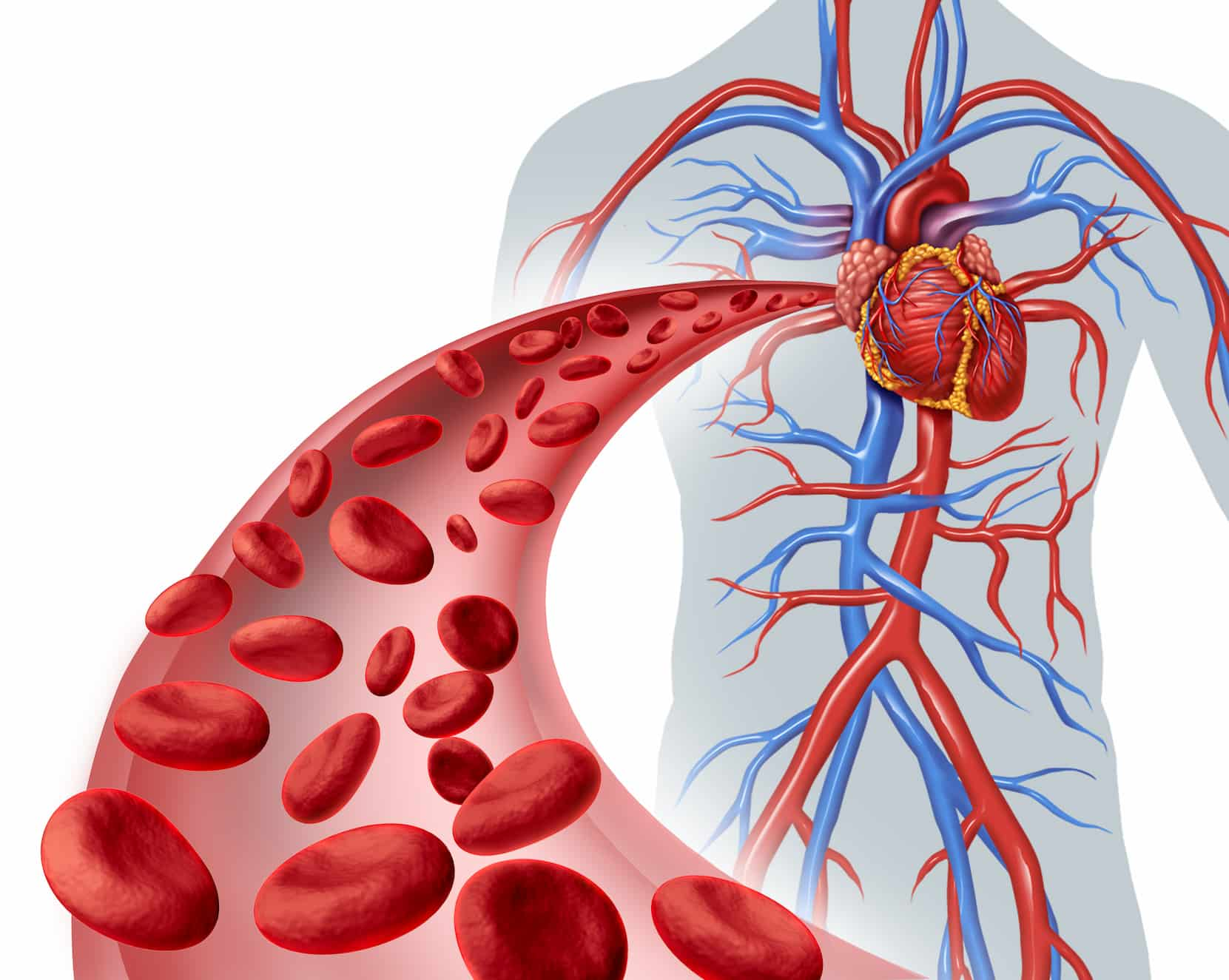
Advancements in vascular surgery have transformed the way doctors treat circulatory conditions, offering patients safer, less invasive, and more effective options. By targeting problems that restrict blood flow, these modern procedures help improve overall health and enhance daily life. Whether addressing arterial blockages or vein disorders, vascular surgeons now use cutting-edge technology to restore circulation, reduce discomfort, and prevent serious complications. For many patients, this means not just medical improvement—but also renewed mobility, comfort, and confidence.
Treating Common Vascular Conditions
Vascular surgery focuses on repairing and maintaining healthy blood flow throughout the body. One of the most frequently treated conditions is Varicose veins, a disorder where weakened vein walls or faulty valves cause blood to pool in the lower limbs. This leads to swelling, pain, and visible blue or purple veins. Untreated cases of varicose veins can develop into chronic venous insufficiency, which can lead to skin changes or ulcers, even though they are sometimes written off as a cosmetic concern.
Modern treatments like endovenous laser therapy, radiofrequency ablation, and sclerotherapy have revolutionised care for these conditions. These minimally invasive procedures close or remove damaged veins, redirecting blood through healthier pathways. Patients experience faster recovery times, minimal scarring, and immediate relief from discomfort. The improvement in circulation not only boosts leg health but also enhances overall energy and mobility.
Beyond only improving appearance, these cutting-edge procedures greatly lower the chance of long-term issues like venous ulcers or deep vein thrombosis, enabling patients to resume an active and pain-free lifestyle.
How Gastroenterology And Circulation Are Related?
Better circulation has advantages that go beyond the limbs; it also supports the digestive system and interior organs. This is where the field of Gastroenterology connects closely with vascular health. For the delivery of nutrients and oxygen, the digestive system depends on a robust blood vessel network. When circulation is compromised, certain organs—like the intestines or liver—may receive inadequate blood supply, leading to issues such as ischemic bowel disease or poor nutrient absorption.
Modern vascular surgery helps prevent such complications by restoring normal blood flow to affected areas. Procedures like angioplasty and stent placement open narrowed arteries, allowing oxygen-rich blood to reach the gastrointestinal organs. This not only improves digestion but also enhances overall metabolic health.
Collaboration between vascular surgeons and gastroenterologists ensures that patients with overlapping symptoms—such as abdominal pain caused by poor circulation—receive comprehensive, targeted care. Through this multidisciplinary approach, patients can achieve lasting improvements in both circulatory and digestive function.
The Role Of Proctology In Vascular Health
While vascular surgery primarily focuses on arteries and veins, it often intersects with other medical fields, including PROCTOLOGY. Many rectal and anal conditions have a vascular component, such as haemorrhoids, which are swollen veins in the lower rectum or anus. Poor circulation, prolonged sitting, and straining during bowel movements can worsen these conditions.
In such cases, proctologists and vascular specialists work together to develop a treatment plan that addresses both the symptoms and underlying causes. Minimally invasive procedures are used to shrink or remove swollen veins, restoring comfort and normal blood flow in the affected area.
Maintaining vascular health also helps prevent recurrence of certain rectal disorders, reinforcing how interconnected these systems are. A coordinated approach between vascular and proctology care ensures that patients experience better outcomes, faster recovery, and improved quality of life.
How Better Circulation Transforms Daily Living?
Improved blood flow enhances every aspect of physical health—from energy levels to wound healing. Patients who undergo modern vascular surgery often report greater mobility, reduced pain, and less swelling in their extremities. Enhanced circulation supports heart and brain function, reduces fatigue, and lowers the risk of complications such as ulcers and infections.
Furthermore, minimally invasive surgical techniques mean shorter hospital stays and quicker returns to normal activities. Patients can resume exercise, travel, and work without long recovery periods, contributing to better mental well-being and independence.
Final Thoughts
Modern vascular surgery represents a major leap forward in medical science, combining innovation with patient-centred care. From treating varicose veins to supporting digestive and rectal health through gastroenterology and proctology, improved circulation touches every part of the body. These procedures not only save lives but also restore vitality and comfort, proving that healthy blood flow is truly the foundation of a healthier, more active life.
